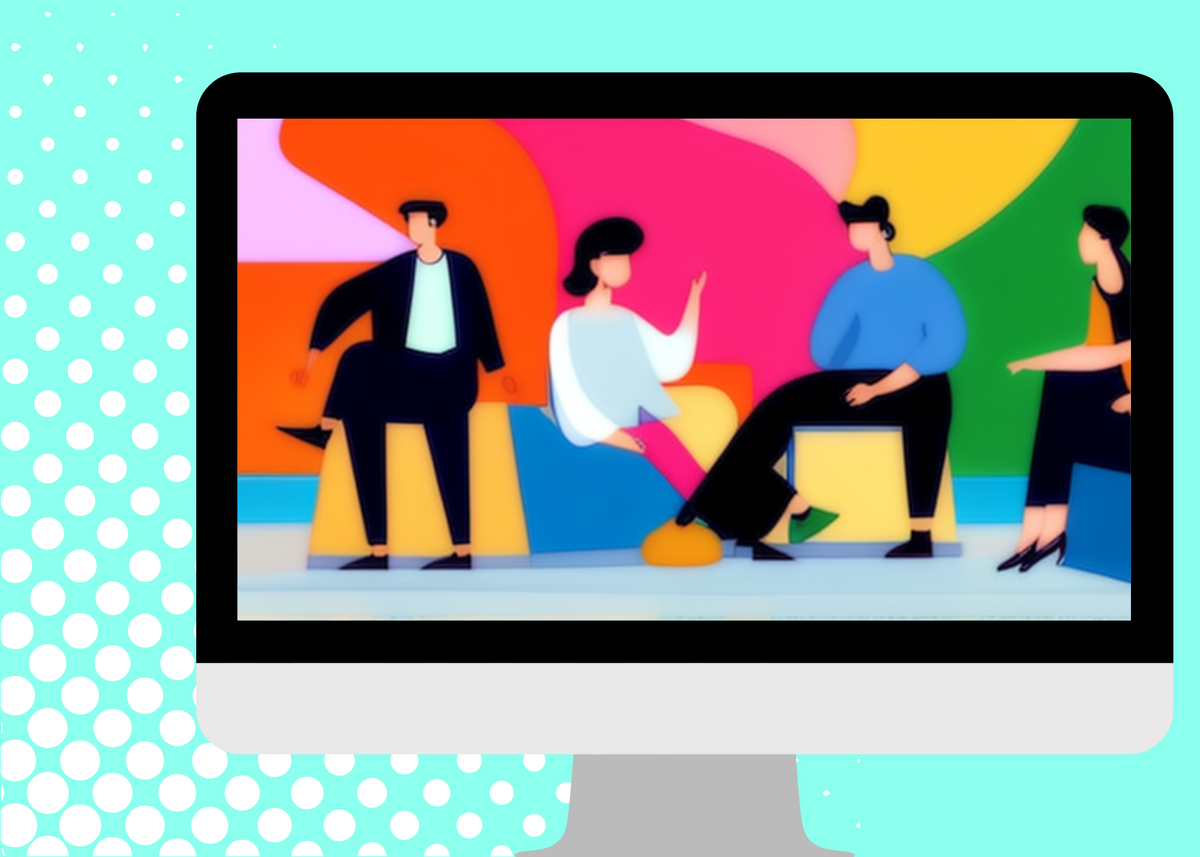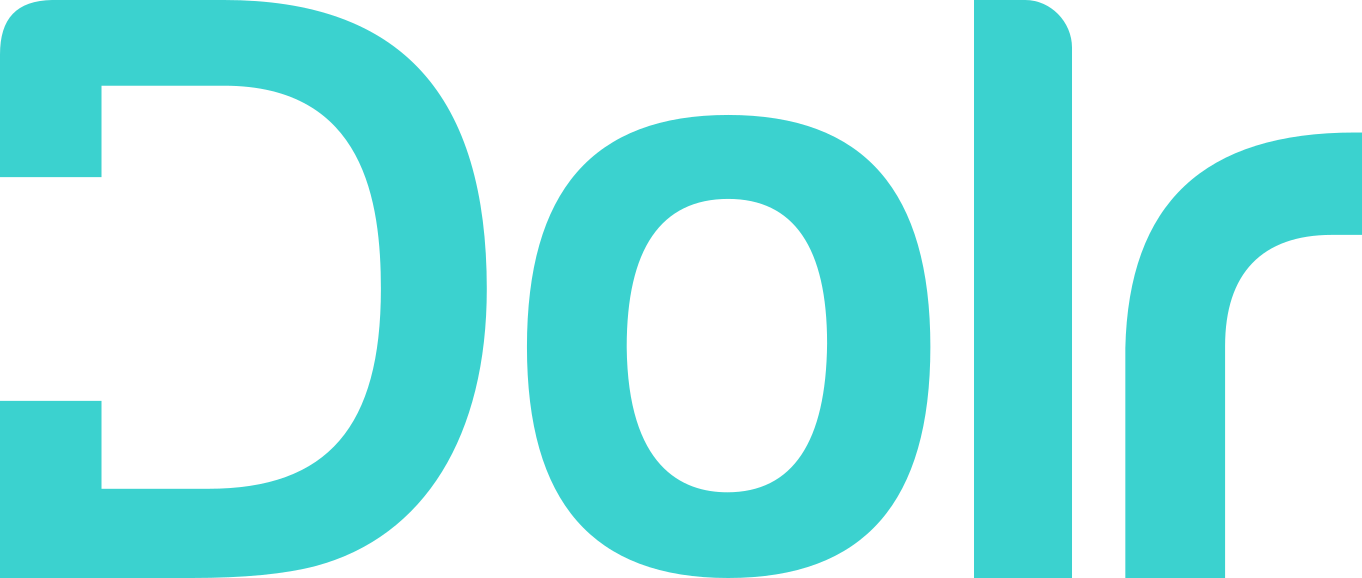What People Are Saying About Whether You Should Be Making Student Loan Payments During the Freeze

Many student loan borrowers have viewed the last 36 months of the student loan repayment pause as an excellent opportunity to develop some short-term amnesia about their student debt.
It’s totally understandable. I mean, who doesn’t want to forget about those bills. But is it a good idea?
We know what we think, but we turned to one of our favorite spots to see what The People are saying. Redditor SEND_ME_SPIDERMAN asked, “I read on here that we shouldn’t be paying towards our loans while they’re paused, but isn’t it a good time to while there’s no interest?”
YES. Yes, it is a brilliant time to be paying down your student loans while there’s no interest. As with most types of consumer debt, interest is what can really bring you down. Many people on income-driven repayment plans diligently make their payments for years and never make progress on reducing their balance because of the rapidly accruing interest.
Right now borrowers have a chance to push their payoff date sooner by reducing the principal they’ll have to pay interest on once repayment begins.
Most Redditors agree that now is a great time to make progress on your loans, but there’s one big point of controversy.
Pay directly on your loans or put money in savings?
While you could have continued to make your monthly student loan payment during the repayment pause, some redditors argue there’s a smarter, less direct, way to make progress.
“You can pay if you want, but I’ve been paying into my savings account every month. Then when the pause is done, I’ll pay that lump sum towards my loan. It comes out the same, loan-wise, but you’ll make more money if it sits in a savings account.” - u/b_rouse
The idea of contributing funds to a high yield savings account (HYSA) became much more popular as interest rates increased, currently hanging out between 3% and 4%.
Look, it’s not a terrible idea, but it does have some drawbacks.
- It requires a significant amount of discipline. As JudgmentMajestic2671 points out, “[T]o ask someone to find/start up an HYSA, deposit student loan funds into that account and not touch it, is a hard ask.” You have to be really honest with yourself about whether you’ll be tempted to dig into that savings account when cash gets a little tight.
- You lose out on the psychological motivation that comes from watching your debt balance fall. “Nothing is more motivating than getting debt free for me,” says According_Quote_8819, who acknowledged that it would be too easy to take the money out of a savings account and spend it on something else.
- When you pay student loan interest, you get a tax deduction of up to $2500. That’s not the case with contributions you make to a savings account. So if you make a lump sum payment when repayment begins, you miss out on the tax deductions you could’ve gotten in previous years. (And who can really say when repayment will begin again?)
As Rufio-Returns explains about why they’d choose debt payment over a HYSA: “I’m more into the psychology of it and the habits paying off debt creates.”
That makes sense to us because we know creating the habits to get out of debt is one of the best ways to start building wealth.
So what’s your move? Making those payments is easy with Dolr.
